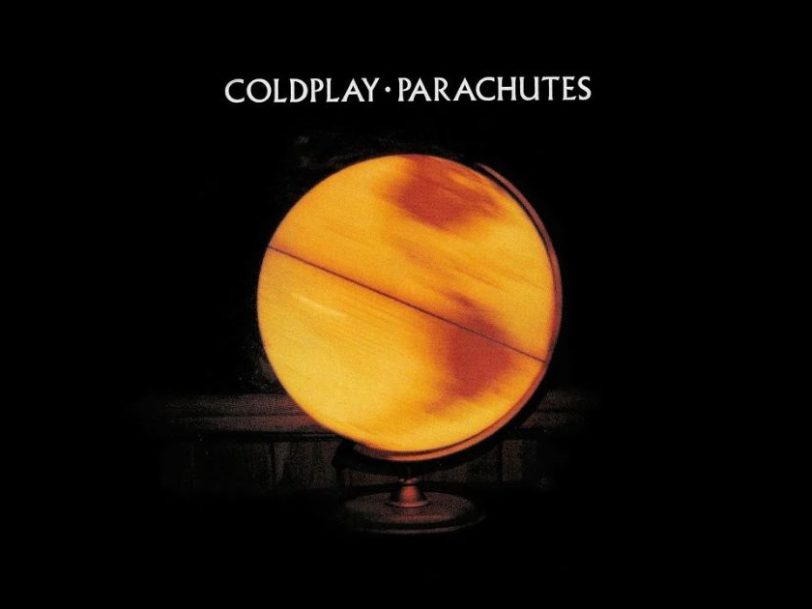As anxiety loomed at the dawn of a new millennium, the London-based alternative-rock group Coldplay emerged on the music scene with a mellow and introspective sound that would quickly come to define the era. Though nobody expected them to become global superstars in such a short space of time, the band’s debut album, Parachutes, instantly lit up the post-Britpop landscape upon its release in July 2000, aided by Chris Martin’s tender yet powerful vocals and delicate acoustic songwriting.
With folk-inflected melodies and poignant lyrics, Parachutes simply soared, its warm guitar tones and down-at-home charm captivating with a generation seeking relatability and emotional depth. With era-defining songs such as Trouble and Yellow bringing a deeply affecting touch of colour to BBC Radio 1’s A List programming, the album remains a timeless classic: a resonant and heartfelt musical experience that became one of the best-selling debut albums of the 21st century.
Here is the story of how Parachutes served as the launch pad for Coldplay’s meteoric rise to international fame, and why it remains such a powerful reminder of music’s ability to heal, console and uplift…
Listen to ‘Parachutes’ here.
The backstory: “We all had real Dick Whittington-type ambitions. Go to London, make your fortune”
Coldplay’s origins can be traced back to September 1996, when songwriter Chris Martin first met guitarist Jonny Buckland during freshers’ week at University College London. While playing pool at their student-union bar, the pair would bond over their shared passion for music, discussing artists such as Sting, U2, Jeff Buckley and Leonard Cohen. Further influenced by the bands they discovered at UCL, most notably Radiohead and Echo & The Bunnymen, Martin and Buckland began writing original material together, though at this point they lacked the crucial element of gigging experience.
In time, bassist and fellow-student Guy Berryman joined Martin and Buckland’s early musical endeavours, and the trio began to jam together in student digs at UCL’s Ramsay Hall. “[We all had] real Dick Whittington-type ambitions,” Martin later told NME magazine. “Go to London, make your fortune. Well, sort of.” The final addition to the band was drummer Will Champion, who initially rejected their offer but later joined after an impromptu rehearsal. As these four young and ambitious musicians started to play gigs at venues such as Camden’s Laurel Tree, securing bookings under the name Starfish before switching to Coldplay after seeing it on a list of potential band names drawn up by a friend, they began to hone their sound.
Coldplay’s early days were marked by steely ambition and dogged determination. Their eventual manager, Phil Harvey, funded their first demo sessions, at Sync City Studios (now Bally Studios), in Tottenham, and the resulting recording, the Safety EP, led to a pivotal gig at the Camden Falcon pub, where they caught the eye of Fierce Panda Records’ A&R Simon Williams, who offered to sign the group. Boosted by the support of an indie label for the release of their debut single, Brothers & Sisters, Coldplay began to attract a buzz, and soon received industry acclaim from the likes of NME and the BBC Radio 1 DJs Steve Lamacq and Jo Whiley.




